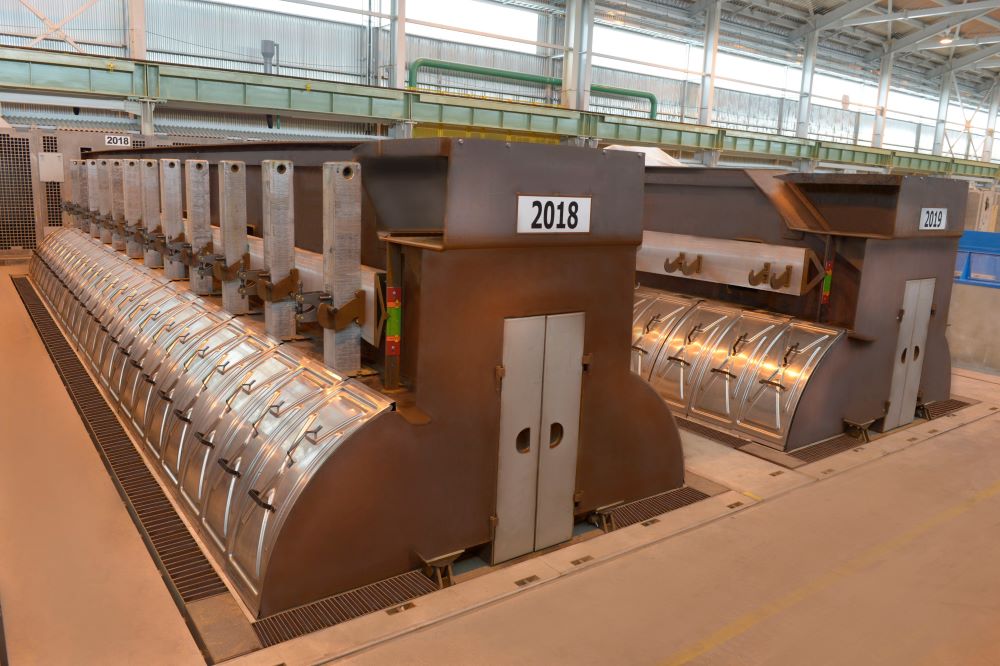Rio Tinto plans $1.4B expansion of aluminum smelter in Quebec


Rio Tinto (ASX:RIO; NYSE:RTP; LSE:RIO) is making plans to spend $1.4 billion to expand its AP60 aluminum smelter equipped with low-carbon technology at Jonquiere, Que. The expansion will coincide with the gradual closure of potrooms at the Arvida smelter on the same site. The Quebec government is providing support of up to $113 million for the project.
The expansion will add 96 new AP60 pots to increase production to 220,000 tonnes of metal annually. The new pots will increase capacity by about 160,000 tonnes of primary aluminum per year. The expansion is necessary to offset the 170,000 tonnes of annual capacity that will be idled at the old Arvida smelter.
The project will generate up to 1,000 jobs during the peak of construction and approximately 100 permanent jobs will be maintained as a result of the expanded smelter.
Rio Tinto chief executive Jakob Stausholm said in a release, “This investment is aligned with our strategy to decarbonise our value chains and grow in materials essential for the energy transition. Our AP60 technology is already proven and producing some of the lowest carbon aluminum in the world, thanks to the expertise of our highly qualified workforce and access to renewable hydropower. This is the most significant investment in our aluminum business for more than a decade and it will further strengthen Rio Tinto’s high-quality and low-carbon offering to our customers as they also work to reduce their own carbon footprint.
The AP60 smelting technology was developed by Rio Tinto’s R&D teams and is among the most efficient and lowest carbon technology currently available at commercial scale. When combined with the hydropower used at Rio Tinto’s operations in Canada, it generates one-seventh of greenhouse gases per tonne of aluminum when compared with the industry average, and half the emissions when compared to the technology currently used at the Arvida smelter.
In addition to this investment in low-carbon aluminum, Rio Tinto is working with the governments of Canada and Quebec towards a deployment of the Elysis zero-carbon aluminum smelting technology at its Saguenay-Lac-Saint-Jean facilities. With the current development pathway, Elysis aims to have its technology available for installation from 2024 and the production of larger volumes of carbon-free aluminum approximately two years later.
Learn more www.RioTinto.com/products/aluminium.
Comments